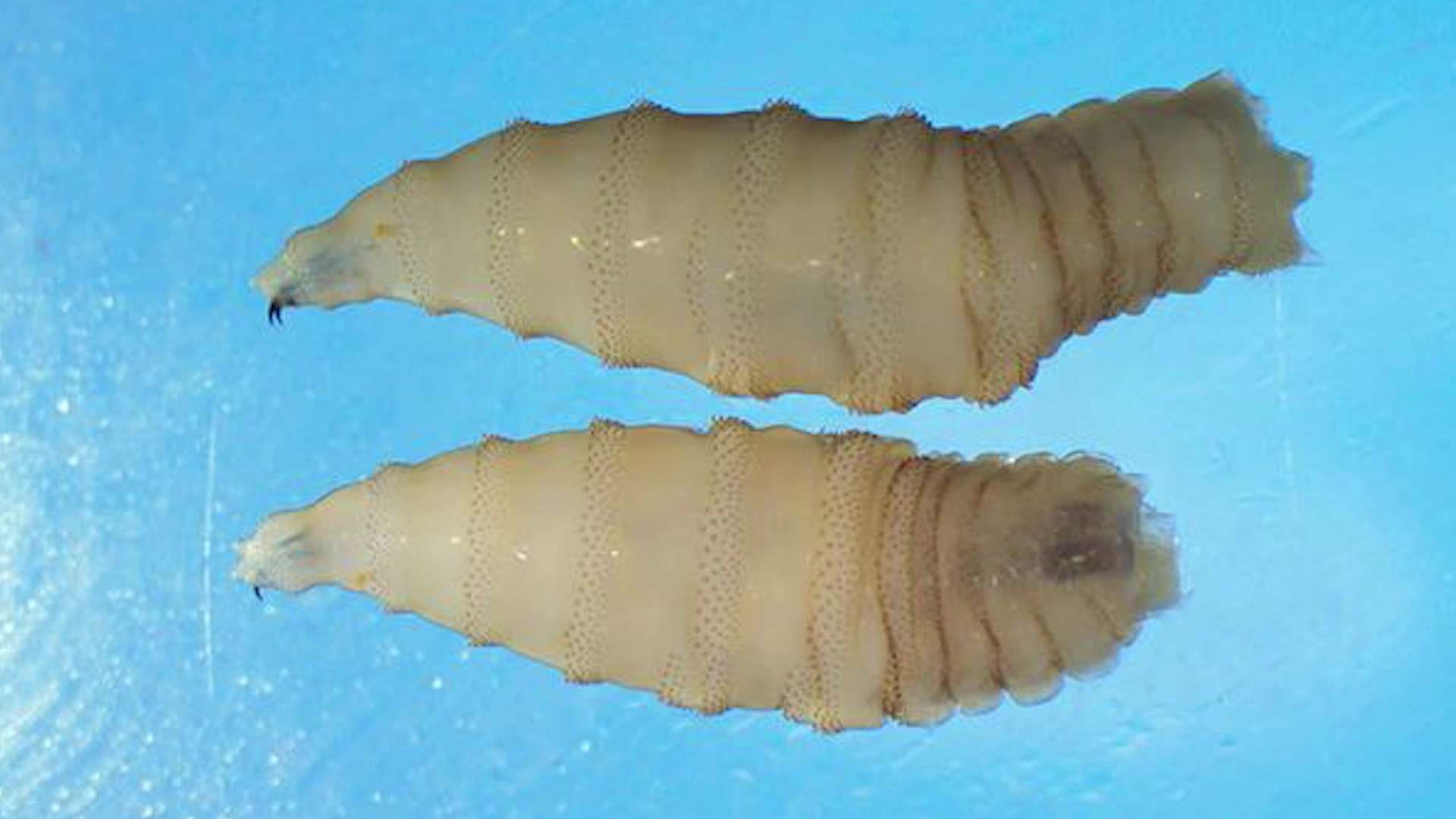The Ministry of Health and Wellness (MOHW) informs the public that the first confirmed human case of New World Screwworm (NWS).
Why it matters
- The identification of the first human case of New World Screwworm (NWS) in Belize raises alarm regarding public health and safety.
- This case highlights the potential risks posed by NWS, known for its impact on livestock and possibly humans.
- Increased awareness and preventive measures will be crucial in managing the spread of this parasite.
In a recent announcement, the Ministry of Health and Wellness (MOHW) of Belize confirmed the first-ever human case of New World Screwworm (NWS) in the country. This development has drawn attention from health officials and the general public, as it poses a significant threat to both human and animal health.
New World Screwworms are parasitic larvae that primarily infest warm-blooded animals, including livestock. They are known for causing severe infestations, leading to serious health complications and even death in animals if left untreated. The larvae can enter wounds or healthy skin, creating open sores that can become infected. While the parasite has been primarily associated with animals, the confirmation of a human case indicates a potential shift in the dynamics of this parasite's impact.
The MOHW did not provide specific details regarding the individual affected or the circumstances that led to the infection. However, the ministry emphasized the importance of public awareness in combating this emerging health threat. Officials are urging citizens to remain vigilant and report any unusual skin lesions or infestations to healthcare providers immediately.
In response to this alarming discovery, health officials are taking proactive steps to educate the public about NWS and its potential effects. The ministry is expected to launch awareness campaigns aimed at informing residents about the signs and symptoms of infestations, as well as preventive measures to minimize risk. Furthermore, they plan to work closely with veterinarians and agricultural experts to monitor livestock health and implement control measures to prevent the spread of the parasite among animals.
The MOHW has also stressed the importance of maintaining proper hygiene and wound care, particularly for those who work with animals. This includes ensuring that any cuts or scratches are kept clean and covered, as open wounds can attract the screwworms. Additionally, farmers are encouraged to keep their animals in clean conditions and seek veterinary assistance at the first sign of illness or infestation.
Public health experts are closely monitoring the situation, as the appearance of NWS in humans raises concerns about its potential for wider transmission. The parasite has previously been eradicated in several regions through coordinated efforts, but its re-emergence in Belize highlights the need for ongoing vigilance and preparedness in managing zoonotic diseases.
Officials are also calling for international cooperation in addressing this issue, as the spread of NWS is not just a local concern but a regional one. Neighboring countries are being alerted to monitor for any similar cases and to implement preventive measures in their own jurisdictions. Cross-border collaboration will be essential in managing the risks posed by this parasite and in sharing information and resources to combat its spread.
As this situation develops, the MOHW reassures the public that it is committed to ensuring the health and safety of all Belizeans. They are actively working to provide updates and will continue to evaluate the situation as it unfolds. The ministry encourages the public to remain informed and proactive in addressing health concerns, as awareness is key to preventing further cases of NWS in humans and animals alike.
In conclusion, the confirmation of the first human case of New World Screwworm in Belize marks a significant public health event that requires immediate attention and action. With appropriate measures, the spread of this parasite can be contained, protecting both human and animal health in the region.











